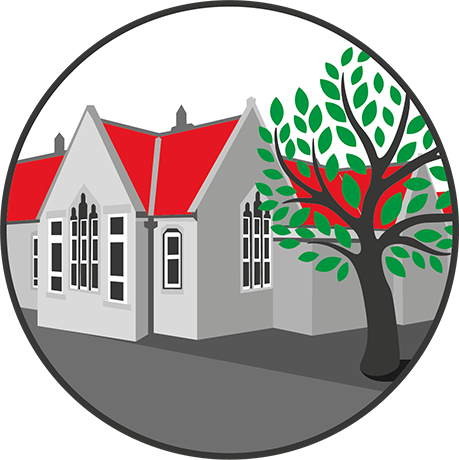Oracy
Oracy at Park Junior's
Intent
At Park, the development of Oracy within our curriculum is a key driver of change that will improve outcomes for our children. Our aim in spoken language is to provide a sound foundation for the development of Oracy skills from debate to poetry and verbal feedback to take for presentational purposes. Our classrooms are rich in talk, from effective questioning to constructive peer discussions and teachers use talk skilfully to develop and encourage critical thinking. By embedding Oracy throughout the curriculum, children can respond to high expectations and explicit teaching and modelling of speaking and listening.
Communication and language is one of the prime areas as 'Children's language skills are connected to their overall development and can predict their educational success.' We ensure pupils are involved in hands-on experiences, songs, poems, listening and acting out stories, have access to fiction and non-fiction texts, plays, and learn in a language-rich environment, enabling them to learn and explore new words. Children are then given the opportunity to practice using these new words, orally during partner talk, group work and in presentational talk.
Talk is grouped into two types: exploratory talk and presentational talk. During the exploratory talk, the children discuss concepts, such as questions in Science or an "Odd one Out" where there are multiple ways to answer. They are also encouraged to guide their learning by asking deeper questions of each other and their teachers. During the presentational talk, children are expected to use subject-specific vocabulary and, as they progress through the school, learn how to use a range of techniques such as tone of voice, body movement and eye contact to engage an audience.
We work hard to support each other to further embed high-quality, purposeful talk throughout the curriculum, asking questions to ourselves as practitioners to decide what change we want to see in our school.
At Park we encourage a "no hands-up" policy to allow every child to have opportunities to speak in class. This also works to ensure that all children are engaged. We do have an opt out option for when children do not feel able to answer, but they can call on others to support them e.g. phone a friend.
Within English, the national curriculum for Key Stage Two states: 'the curriculum reflects the importance of spoken language in pupils' development across the whole curriculum-cognitively, socially and linguistically. Spoken language underpins the development of reading and writing.'
The aims of the National Curriculum (2014) for Oracy are to:
- listen and respond appropriately to adults and their peers
- ask relevant questions to extend their understanding and knowledge
- use relevant strategies to build their vocabulary
- articulate and justify answers, arguments and opinions
- give well-structured descriptions, explanations and narratives for different purposes, including for expressing feelings
- maintain attention and participate actively in collaborative conversations, staying on topic and intimating and responding to comments
- use spoken language to develop understanding through speculating, hypothesising, imagining and exploring ideas
- speak audibly and fluently with an increasing command of Standard English
- participate in discussions, presentations, performances, role play, improvisations and debates
- gain, maintain and monitor the interest of the listener(s)
- consider and evaluate different viewpoints, attending to and building on the contributions of others.
- select and use appropriate registers for effective communication
Our Oracy Curriculum will enable pupils to:
- Confidently and respectfully articulate their ideas and opinions
- Respect the contribution of others with a diverse range of linguistic abilities
- Speak with clarity and eloquence
- Recognise the importance of listening when responding to others
- Become critical thinkers
- Justify ideas with reasons
- Ask questions to check to understand, deepen their knowledge and instil a love of learning
- Develop a rich vocabulary, using a range of subject-specific language to speak like an expert.
- Present to a range of different purpose and audience
Oracy Progression
The Oracy progression document outlines the various skills that our children need to develop in order to deal with a range of different talk situations.
We teach Oracy Skills in many different ways at school so that children develop a deeper understanding through:
- Paired talk
- Group discussion
- Debating
- Drama
- Presentations.
Teachers plan lessons with Oracy in mind and structure them so that all children are supported in developing their Oracy skills in a range of ways, for example, through using sentence stems to scaffold talk and using talk tactics to discuss differing viewpoints.


















